Trudeau Revokes Emergencies Act Used to Stop Truckers: ‘The Situation is No Longer an Emergency’
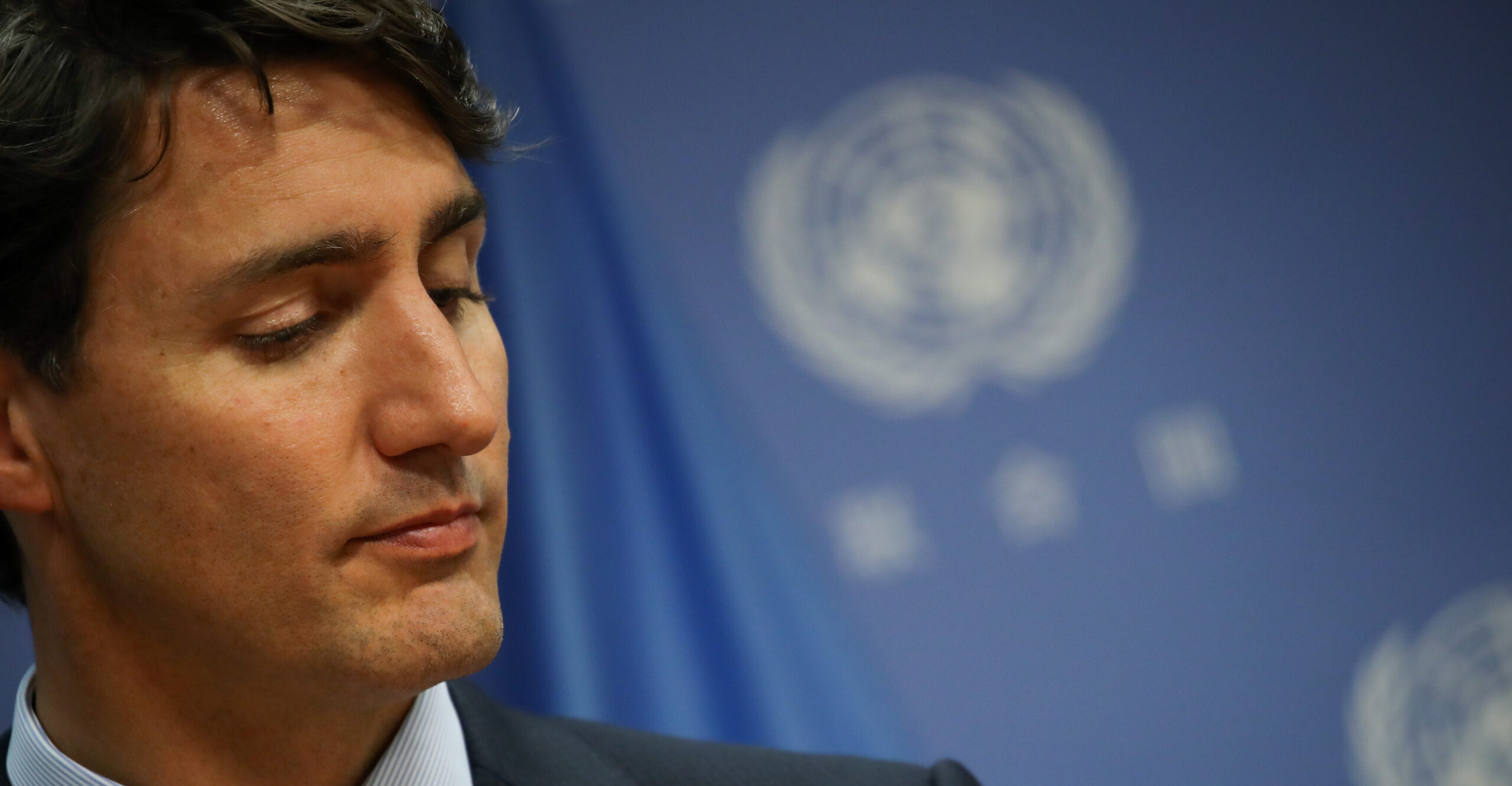
Drew Angerer/Getty Images
Canadian Prime Minister Justin Trudeau revoked the Emergencies Act on Wednesday evening, a week after it was enacted – a first for Canada.
Trudeau had argued the act, which is reserved for national emergencies, was necessary to quell his country’s so-called “Freedom Convoy” protests.
The protests snarled traffic in Ottawa and blocked key bridges into the U.S. for weeks.
“The federal government has invoked the Emergencies Act to supplement provisional and territorial capacity to address the blockades and occupations,” Trudeau said last week.
He told reporters during a press conference that the blockades were “disrupting the lives of too many Canadians.”
“Here in our capital city [Ottawa], families of small businesses have been enduring illegal disruption of neighborhoods, occupying streets, harassing people, breaking the law,” Trudeau added. “This is not a peaceful protest.”
Trudeau was strong in his defense of using the act to quell potential future protests.
On Thursday, he suddenly announced the act had been revoked.
“The situation is no longer an emergency, therefore the federal government will be ending the use of the emergencies act,” Trudeau said. “We are confident that existing laws and bylaws are sufficient to keep people safe.”
BREAKING: Justin Trudeau revokes the Emergencies Act pic.twitter.com/Pzm2cDgwhF
— True North (@TrueNorthCentre) February 23, 2022
The invocation of the act drew condemnation from conservative MPs and from the Canadian Civil Liberties Association:
The Emergencies Act can only be invoked when a situation “seriously threatens the ability of the Government of Canada to preserve the sovereignty, security and territorial integrity of Canada” & when the situation “cannot be effectively dealt with under any other law of Canada.”
— Canadian Civil Liberties Association (@cancivlib) February 15, 2022
Trudeau’s use of the Emergencies Act also became a hot-button issue in the U.S., where many people, mainly conservatives, equated the prime minister to an authoritarian dictator.
New: The Mediaite One-Sheet "Newsletter of Newsletters"
Your daily summary and analysis of what the many, many media newsletters are saying and reporting. Subscribe now!
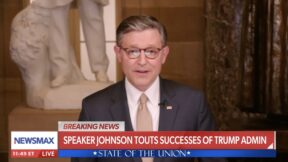
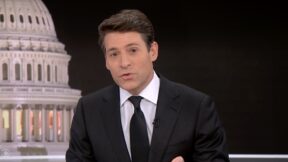
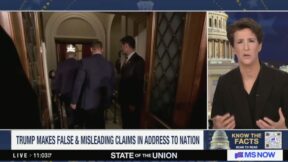
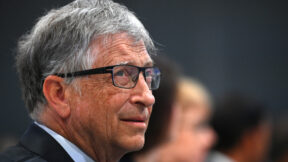
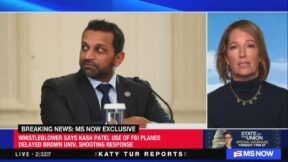

Comments
↓ Scroll down for comments ↓